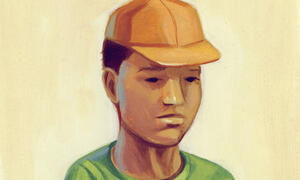lesson
Parallels Between Mass Incarceration and Jim Crow
What are the most salient similarities between mass incarceration and Jim Crow? Mass incarceration is a system of racialized social control that, like slavery and Jim Crow before it, operates to discriminate and create a stigmatized racial group locked into an inferior position by law and custom.
October 14, 2014

